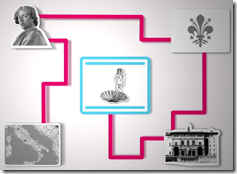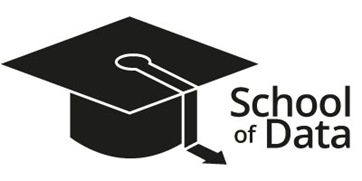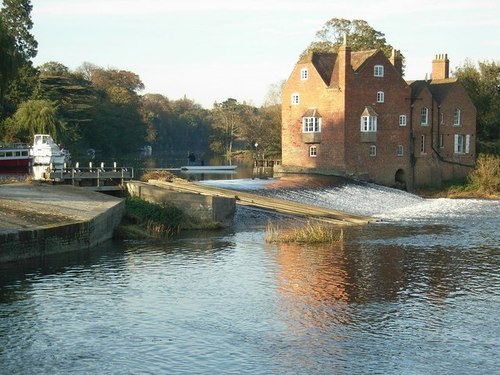
A 3 Minute Introduction to Linked Data
Europeana have launched a video. An excellent video animation explaining what Linked Open Data is and why it’s a good thing, both for users and for data providers. Checkout the video and drop it in to your favourites ready to send to anyone who asks the what is Linked Data question.









